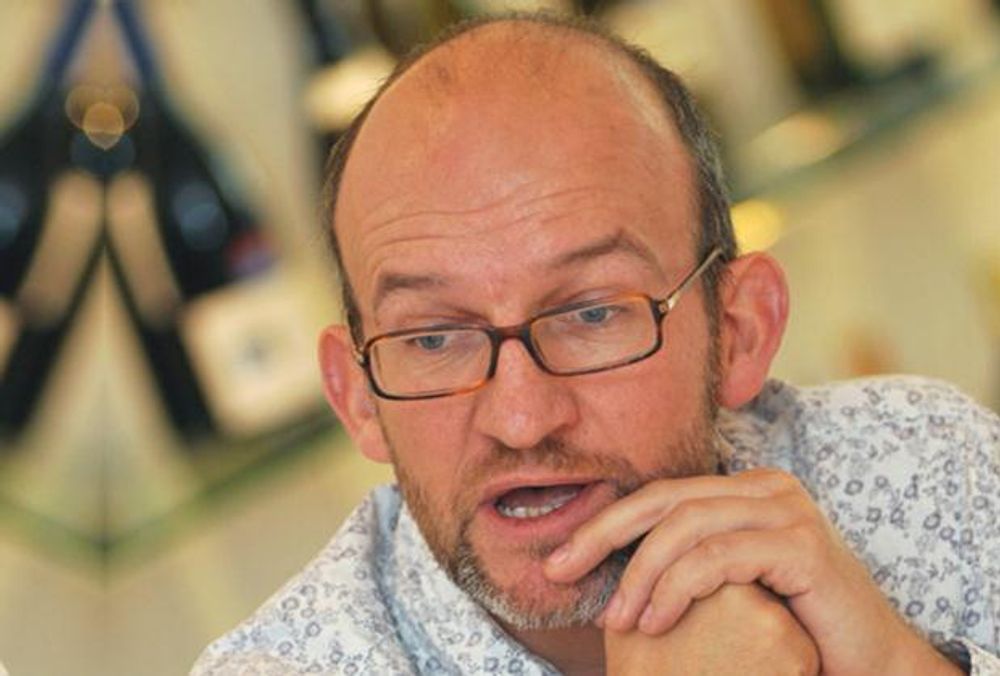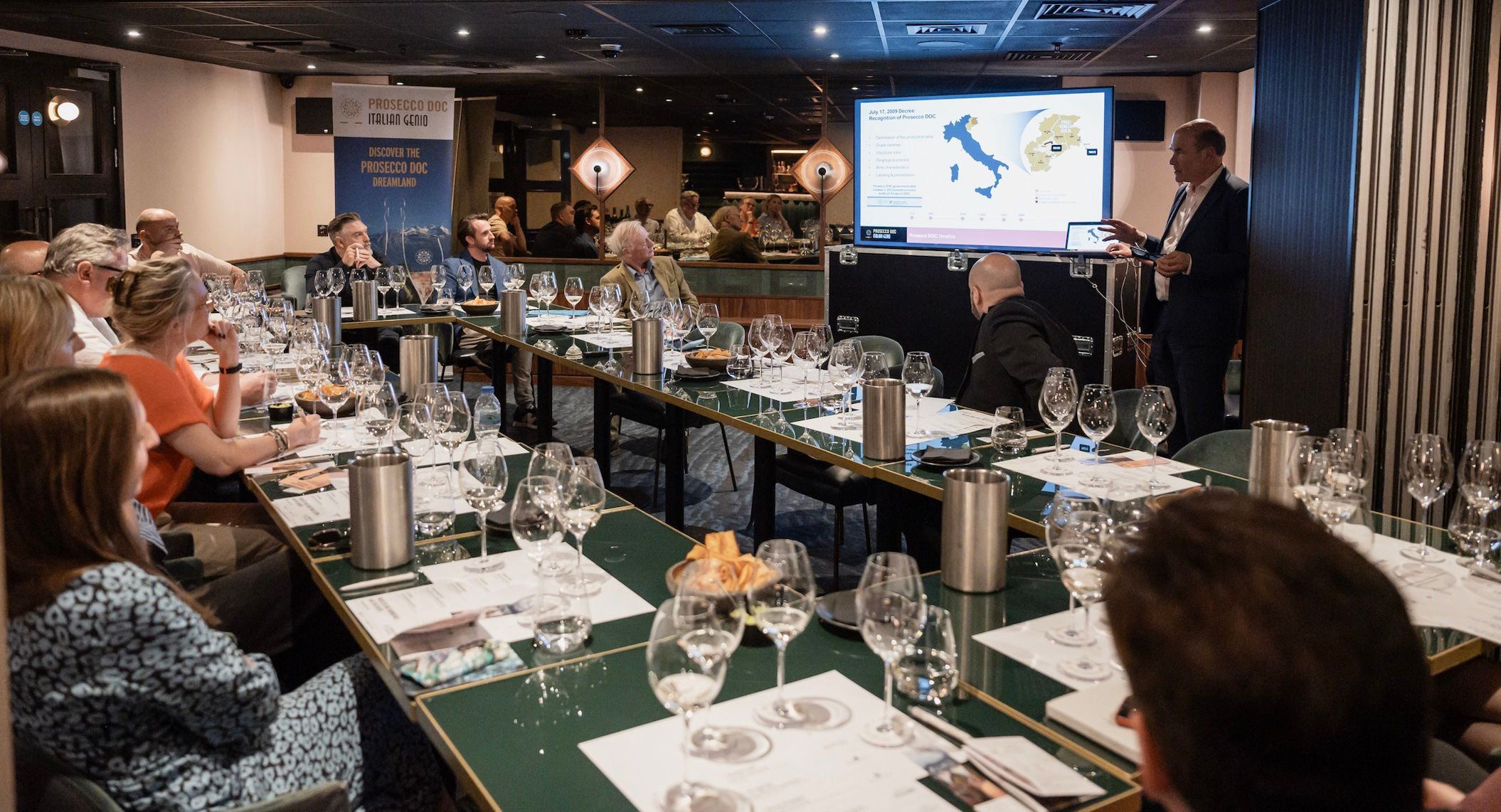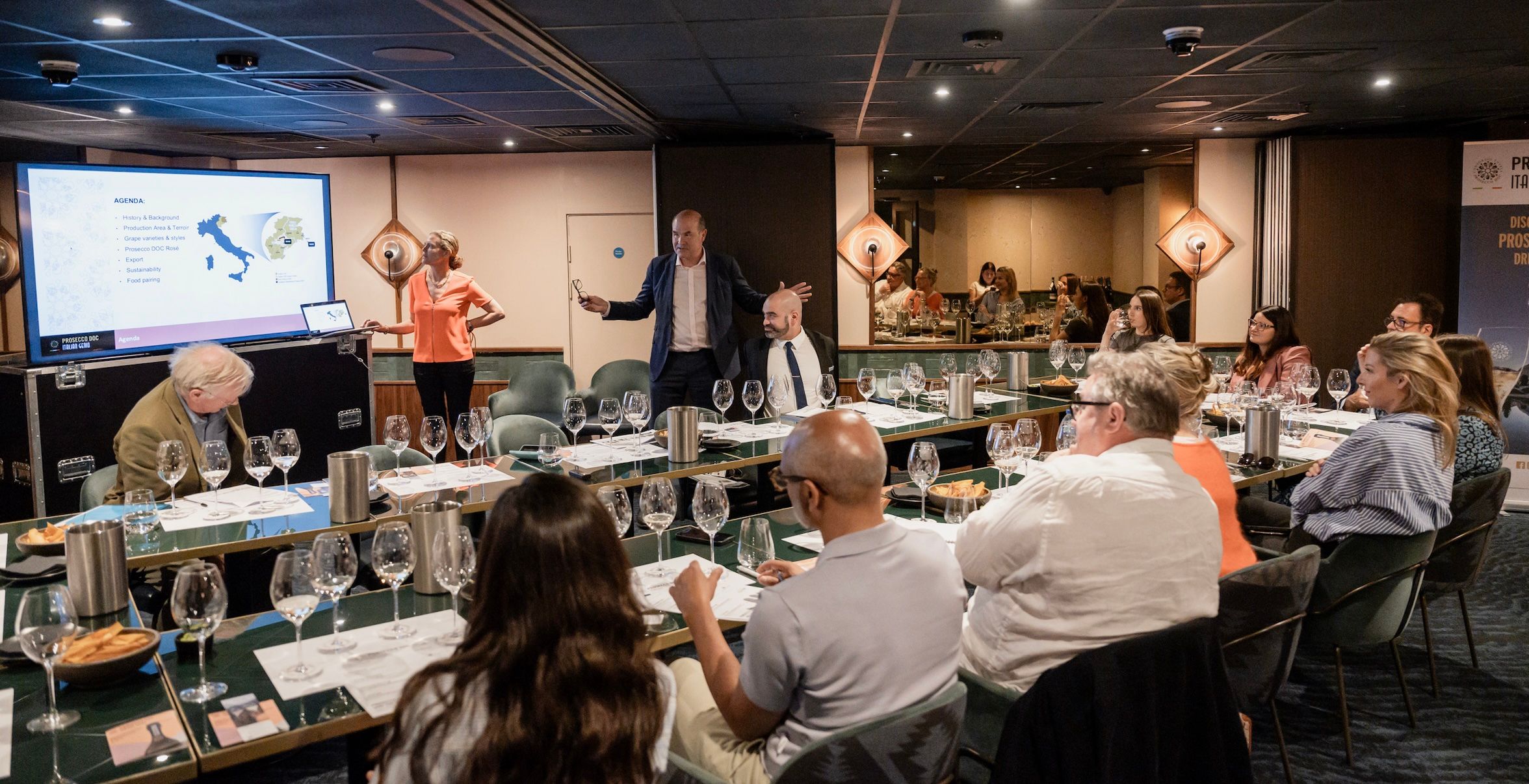Rolling Brexit upates: As the dust starts to settle on the Brexit vote, The Buyer assesses what steps different on-trade operators, suppliers and producers think the trade collectively needs to take to ensure it covers the risks, but makes the most of any opportunities that now arise.
Whilst we have all had something like a year to prepare ourselves for a possible Leave vote in the European Union Referendum it is not surprising the trade was caught as much on the hop as the politicians, the media and even those closest to the rival campaigning teams.
But with the pound plummeting to levels not seen since the 1980s there is no time for navel gazing, but a collective need for the trade to understand the issues ahead of ourselves and then work out what steps are needed to be taken when and how to ensure the UK’s non-EU status does not become a shadow over what the trade is able to do.
Here The Buyer sets out the reactions from different operators and leaders across the on-trade.
Starting with an updated response from Miles Beale, chief executive of the Wine & Spirit Trade Association, who issued a further statement on June 29.

Miles Beale has a vital role in bringing the industry together
“Brexit heralds a time of uncertainty. Like others, our industry finds itself in uncharted waters.
“While the consequences of the Referendum are seismic, it is important to remind businesses that there are no immediate changes as a result of the Referendum result. The UK remains in the EU and the Single Market until such time as negotiations have completed – which is likely to take two years or more.
“Unsurprisingly there is already conjecture and comment about what happens next and the impact on the wine and spirit industry. There will be few answers to the many questions for some time, but I am very confident that the WSTA is well placed to advise its members, including providing practical advice to carry on running their businesses without disruption in the immediate term and on preparations for the future.
“The WSTA will be consulting members on a pro-active agenda to ensure that the interests of the wine and spirits industry are protected.
We are already talking to government about future access to the Single Market and promoting international trade and new opportunities.
“The WSTA is well placed to work with others to shape the future. We will carefully consult members to identify what they need, their priorities and how to take advantage of opportunities.
“It is crucial that Britain’s wine and spirit businesses and consumers get the best out of Brexit.”

Robin Copestick: uncertainty is not good for business.
Robin Copestick, managing director, Copestick Murray
“The short term chaos is not good for the country and it is particularly bad for companies such as ours who import goods from all around the world. In nearly all cases we pay in a different currency.Fortunately we did some forward hedging that will mitigate the fall in sterling in the short term but if the pound stays weak then prices of our products will have to rise both to our customers and our consumers.We are currently working on a strategy but with so much uncertainty it is very difficult to make long term plans.”
David Gleave MW, managing director, Liberty Wines
“At Liberty Wines it is business as usual. The most immediate consequence of the referendum result is the fall in sterling. We have forward cover to see us through the next few months. We’ll use that period to talk with our suppliers and monitor the situation.

“There is likely to be a protracted period of uncertainty which could lead to a hit on spending and investment in the market. However, we went through a similar period following the financial crisis in 2008, and we thrived during that time, so are confident we would do so again.
“Producers will want to continue to be present in the UK. It will remain a major market, so as long as producers can sell profitably, then they will continue to support this market. While the situation looks difficult at the moment, sterling was much weaker against the major currencies in 2009 and 2010, and producers continued to sell to the UK then.
“We have received numerous emails of support from our producers this morning, which I think underlines their commitment to the UK market.”
Andrew Bewes, managing director of Hallgarten Druitt
“Until the dust settles and we start to get a feel for what the next 24-30 months will bring, it is very much business as usual here at Hallgarten; as ever we are adopting a ‘keep calm and carry on’ approach and are continuing to concentrate on delivering the best possible wines and service to our customers nationwide.

“The immediate issue we and our industry face over the next few weeks is volatile exchange rates; here we must rely upon the UK government and Bank of England to take sufficient measures to reassure the international markets that we have things under control. In the short to medium term, the critical GBP/€ FX rate will very much depend upon the political fall-out across the rest of the EU.
“Whilst FX-related price rises are perhaps more likely than not in the short term, we have covered our immediate currency needs and will therefore not be taking any decisions on pricing until the currency markets calm down and we have discussed the situation with our suppliers. With a minimum of 24 months run-in to our exit from the EU we believe that Hallgarten, and the customers we serve, will have sufficient time to plan for the inevitable changes that Brexit will bring about.
“Hallgarten and the wine industry as a whole is as experienced as any in dealing with the consequences of fluctuating currencies, volatile markets and the effects of changing circumstances, whether recession or the all-too-regular rises in duty; we will prevail!
“Whilst Brexit may not have been the favoured outcome for most of our industry, we must respect the views of the British people (17m of them at least!) and work to ensure that we, and more importantly the customers we supply, prosper no matter what the future brings.”
“We will be keeping a close eye on the situation and indeed talking to suppliers. Our take on whether or not the Brexit vote might change supplier confidence in the UK market is that premium winemakers and producers from around the world will still want to target the UK market.”

The hospitality sector’s biggest advocate for a Leave vote sets out why he thinks it can work
Tim Martin, founder of Wetherspoons pub chain and high profile Leave campaigner (edited extract)
“So now that the British have set themselves free, what do we do? The key, as in any successful negotiations, is to avoid being hectored or rushed. The timescale set by David Cameron seems sensible- the referendum was not a manifesto, so we need until the autumn to hammer out a plan. For most businesses free trade is a good starting point.“It was helpful of our German friends, at their equivalent of the CBI, to point out the economic folly of attempting to impose tariffs on the EU`s biggest customer- the UK. If both sides impose the same tariffs, the UK public finances will gain hugely, since we run a massive deficit with the EU, but free trade will benefit both our citizens and the EU’s. We can be sure that French, Italian and other producers of goods we import will take a similar view to the Germans, and that this free-trade philosophy will prevail, whatever the unelected President Juncker may think. Confounding received opinion, it’s the Brussels bureaucracy which is threatened by Brexit, not The UK, hence the hollers from Juncker and co.“On the world stage the EU acts as a ‘customs union’ which imposes tariffs on food, wine and manufactured goods from most non-EU countries. Wetherspoon, for example, the UK`s biggest seller of wine in pubs, pays tariffs on most of the 95% of our wine we import from outside the EU. Eliminating tariffs on non-EU imports will be a huge shot in the arm for UK consumers, reducing shop prices and improving living standards, while acting as a catalyst for trade with the world.“Contrary to perceptions, most, but not all, Brexiteers also believe that immigration is a common factor in almost all successful democratic economies. The United States, Australia, New Zealand and Singapore, for example, have had consistently rising populations over many decades and that has gone hand in hand with superior economic performance. The leaders of the Leave campaign generally recognise this point, but believe that the essential factor is to have control over the process through an Australian-style points system, which welcomes immigrants provided they have the qualifications the country needs.“The EU system, whereby entire countries become entitled to live anywhere in the EU, once they have passed the various ‘tests’, will no longer apply in the UK, unless parliament decides otherwise. All parties in this debate agree that current UK residents from EU countries, who have generally made such a valuable contribution to the economy, will be allowed to stay here as a matter of international law. My own strong view is that current inhabitants of EU countries, who are now entitled to work and reside in the UK, should also be allowed to do so in future. This approach, similar to our historic and excellent relationship with Ireland, recognises the importance of immigration to the economic success of the UK, but means that control of the future rests with a democratically elected parliament, not with the Byzantine scheming of EU bureaucrats.”
Charles Simpson, Domaine Ste Rose, Languedoc and Simpsons Estates near Canterbury.
“Whilst the long term impact of UK leaving the EU is impossible to predict, given so many variables are yet to be decided, the short-term tangible impact has been immediate. The single biggest issue being exchange rate volatility, which has been with us since the beginning of the year.
“For our UK wine business, Simpsons Wine Estate, our winery build has just become more expensive given that most of the specialist equipment is sourced in Euros from Europe. “For our French wine business, Domaine Sainte Rose, we believe there will be increased downward price pressure from UK importers as they try to protect their margins while maintaining the all important £X.99 and £X.49 price points. “In the short term neither of this issues are positive.”

Hal WIlson says there is much that needs to be done in light of the vote.Hal Wilson, managing director, Cambridge Wine Merchants
“Cambridge is ‘down with the kids’ by returning the same support for Remain as Under 25s nationally , at 74% support. The University and city is truly international and can’t really operate outside the EU without damaging its long term success. But I believe that is true for the nation and our industry. Most of us will be negatively affected, economically, politically, bureaucratically, culturally and commercially by the referendum vote.
The true extent of the damage will unwind over a long period of time but I simply cannot see European wine producers being as supportive of UK companies as they were before. I’ve got a lot of planning to do in light of England’s decision.”
Richard Evans, co-founder of Dedicated Wines“Let’s relax. People will still drink wine! Of course, any on going uncertainty is a problem but the fact is that the majority of people feel totally disconnected from the current financial and political system and have voted for change. Surely, ultimately that must be a good thing.”
Patrick McGrath, managing director, Hatch Mansfield
“My message is simple keep calm and carry on!! We need to wait for the markets to calm down and not to over react.”










































